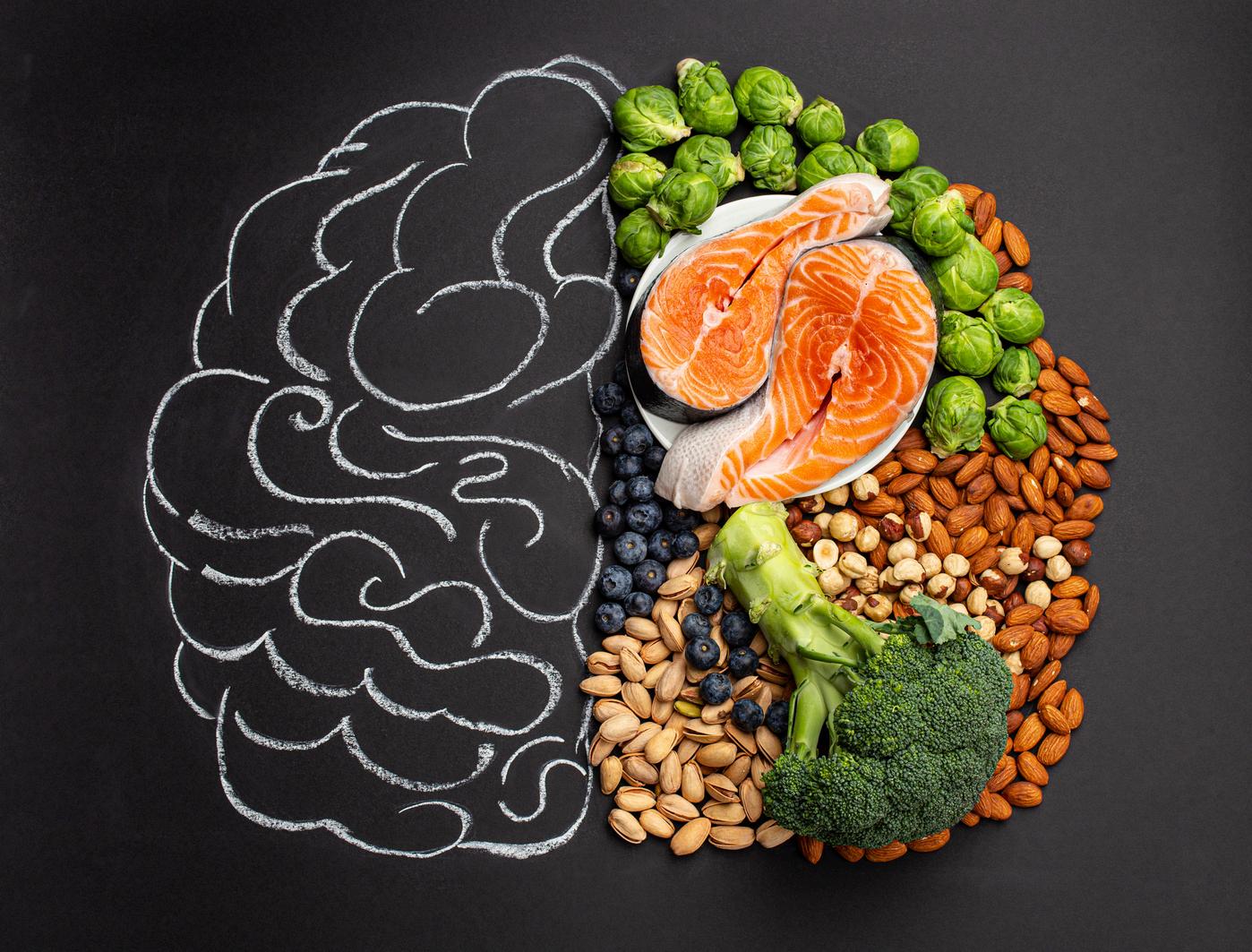
1 minute read
Finding Your Mind-Body Connection cont'd
from Heal Canada Issue 3
by healcanada
Exercise also reduces levels of stress hormones like cortisol, leading to decreased feelings of anxiety and tension. Whether it’s a brisk walk out in nature, a yoga session, or a dance class, finding activities that you enjoy and do consistently can significantly enhance your mental well--being. Have you ever NOT felt a little better after some sort of exercise?
Exercise also “greases” our body joints and helps us move better. Have you ever heard the adage “Use it or lose it”? You can apply that to your body as well Whether you sit all day at a desk or home zoned out watching Netflix, your body becomes stagnant and stiff without movement, which can also leadtoitfeeling oreandachy
When we move our bodies, they get what they need (movement/lubrication) and respond accordingly. Of course, there are times when precautions are needed .to keep us safe, but movement can still be done in some alternative manner,suchaschairexercises
The Importance of Sleep
Nutrition: Feeding Your Body and Mind

The food we eat doesn't just fuel our bodies; it also nourishes our brains. A diet rich in fruits, vegetables, whole grains, and lean proteins provides essential nutrients that support brain function and mood regulation. Conversely, diets high in processed foods, sugar, and unhealthy fats have been linked to an increased risk of depression and anxiety. (Sorry, the Snickers commercial was lying to us all!) Some studies have shown these food items can increase the inflammatory index and cause more pain. By prioritizing whole, nutrient-dense foods and staying hydrated, you can support both your physical health and mental well-being.
In today’s hyper-connected and digital world, sleep is often sacrificed for productivity or entertainment (watch another Netflix episode? Yes, please!). Adequate sleep is crucial for cognitive function, emotional regulation, and overall well-being - just think of a cranky toddler during nap time! Chronic sleep deprivation has been linked to an array of mental health issues, including depression, anxiety, and impaired decision-making. Many chronic pain sufferers, as well as others (new mothers), complain of “Brain Fog” (confusion, forgetfulness and difficulty concentrating), which is consistent with the sleep deprivation they also suffer from.
This is where Sleep Hygiene comes in. This process is when we establish a consistent sleep routine, create a restful sleep environment, and practice relaxation techniques that can help improve sleep quality and enhance mental resilience. If you have children, you might remember this when they were little – bath, PJs, snack, story, kiss and bed – this was a sleep hygiene routine!
NOTE:Therearetimes,though,thatfurthermedicaltestingandpharmaceuticalsmaybe neededtoaccomplishpropersleeppatterns.









